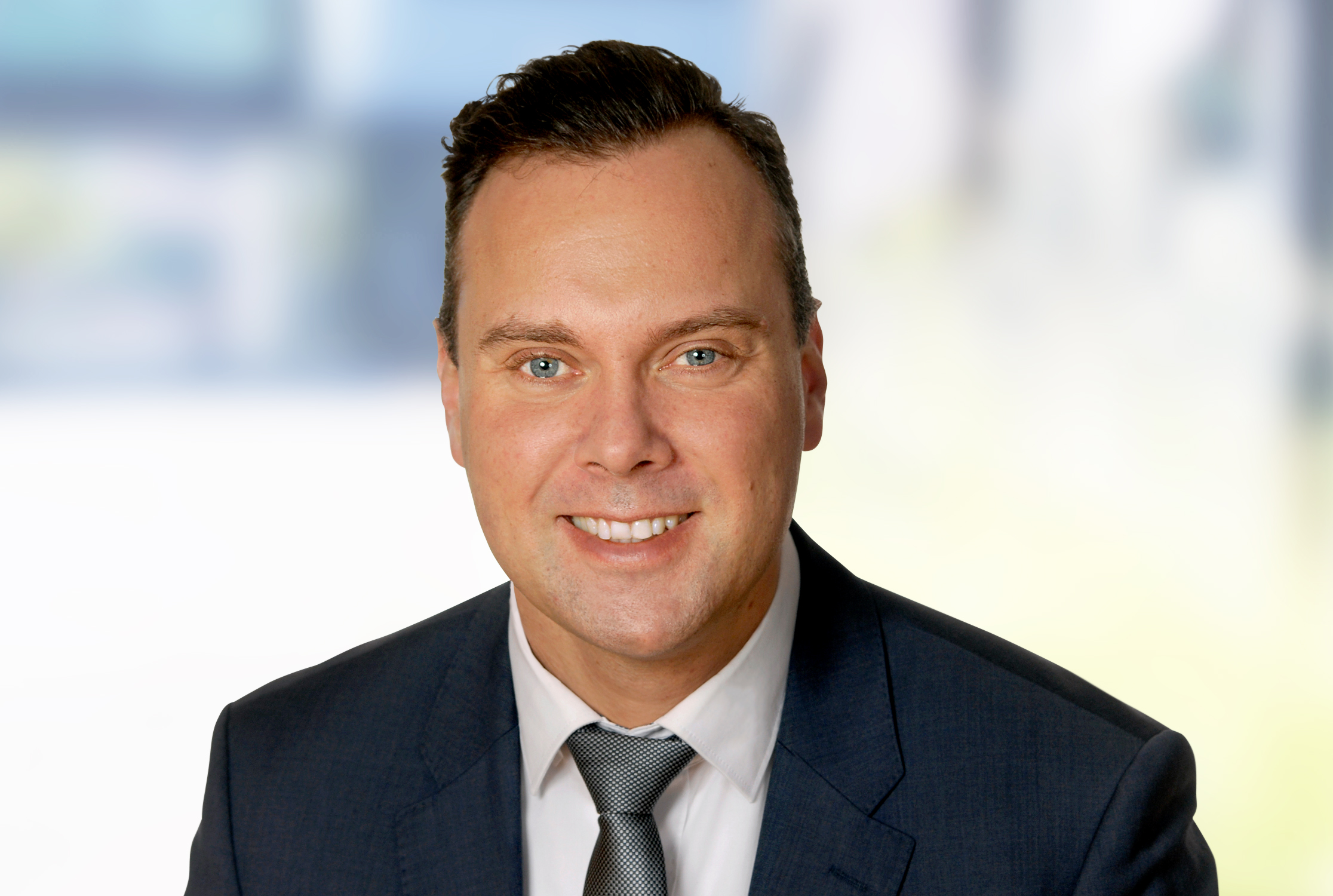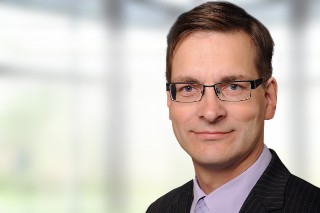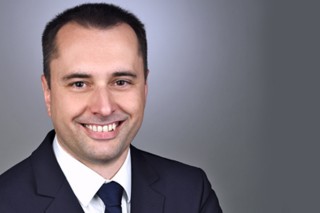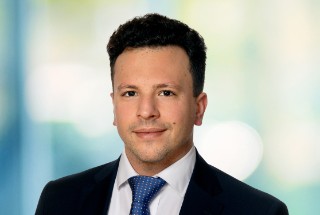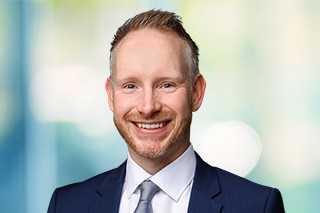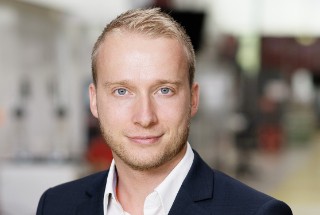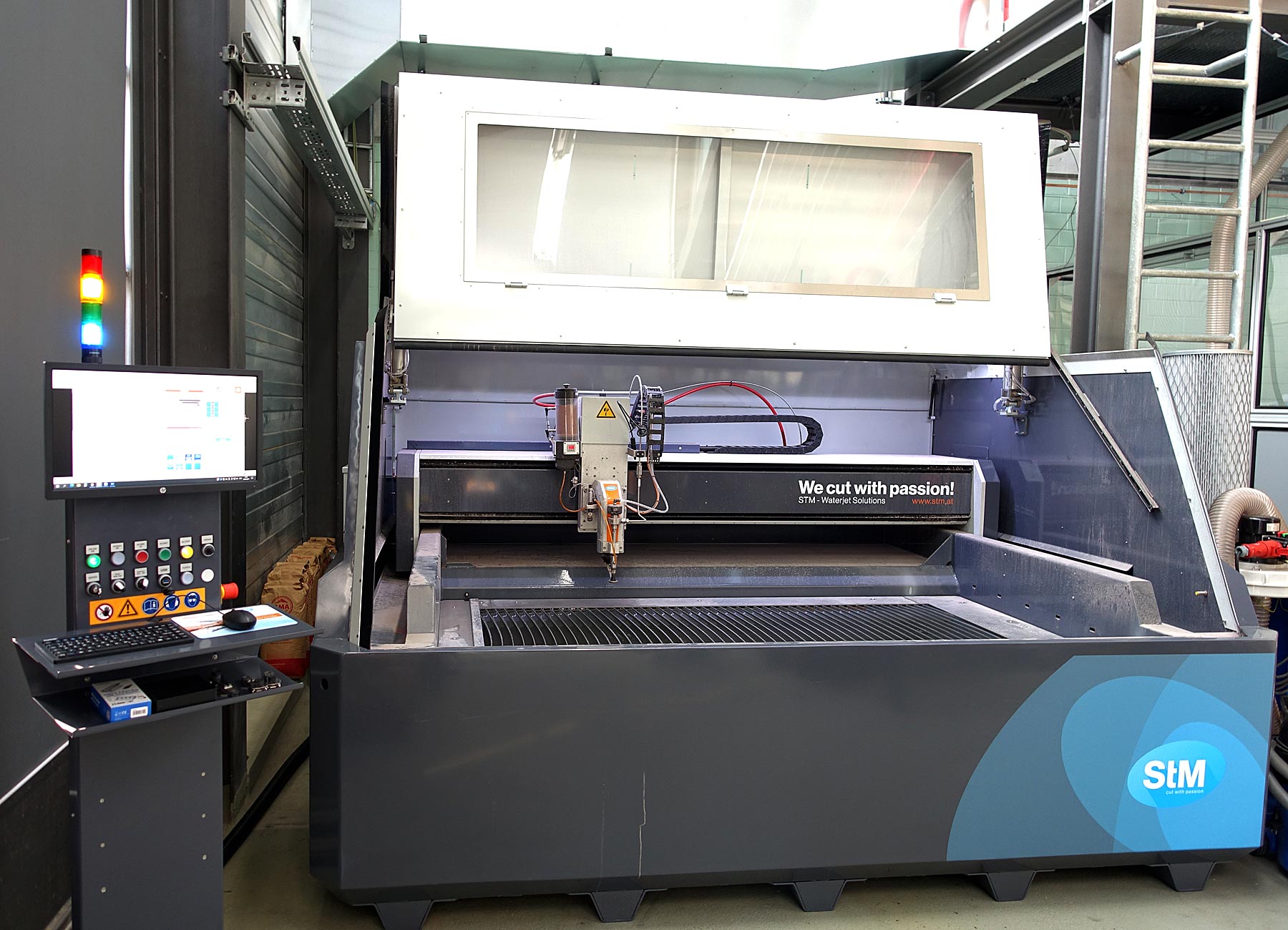Customized lightweight solutions from a single source
The research division Polymer Materials and Composites PYCO is your competent partner in all questions of polymer-based lightweight construction with fiber-plastic composites and complex fiber composite components in multi-material design.
Our holistic approach includes not only novel construction methods, material design, structures and associated manufacturing technologies but also the development of sustainable recovery and recycling strategies for end-of-life scenarios.
We offer customized solutions thanks to our state-of-the-art equipment and technologies.
Starting with the development of special polymers and fiber composite semi-finished products, through the design of prototypes, to the planning and implementation of manufacturing processes suitable for large-scale production, all the key lightweight construction competencies in the value chain can thus be mapped under one roof, from monomers to energy-efficient high-performance composite components. Such a bundling effect is an absolutely unique selling point in the German research landscape.
